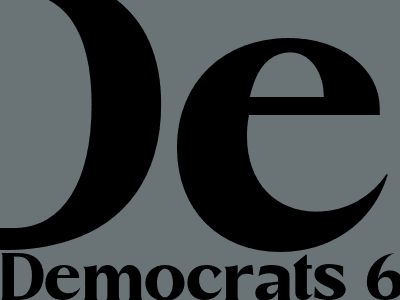
Dutch Elections: A Triumph for the Right
Wilders' PVV Party Makes Strong Showing
The Dutch parliamentary elections held on March 17, 2021, resulted in a significant shift to the right, with several far-right parties making gains. The anti-immigrant Party for Freedom (PVV), led by Geert Wilders, performed particularly well, coming in second place with 17.4% of the vote and 20 seats in parliament.
Wilders' success has been attributed to his anti-Islam and anti-immigration rhetoric, which has resonated with a growing number of voters concerned about the country's changing demographics and cultural values.
Democrats Suffer Losses
The centrist Democrats 66 (D66) party, which has been in government since the last elections, suffered significant losses, dropping from 19 to 12 seats and losing its position as the second-largest party in parliament. The losses have been attributed to the party's perceived elitism and its handling of the COVID-19 pandemic.
Meanwhile, the center-right Christian Democratic Appeal (CDA) party emerged as the strongest party, gaining seats and winning 15% of the vote. The CDA's success has been credited to its strong performance during the pandemic and its conservative stance on immigration.
Other Parties
Other parties that made gains include the populist Forum for Democracy (FvD), which won 8 seats, and the ecological GroenLinks party, which won 8 seats. The centrist Volt party managed to secure 3 seats in parliament, making it the first pro-European party to enter the Dutch parliament.
The election results have sparked concerns about the potential for a more polarized and right-wing Dutch government. However, it remains to be seen whether the different parties will be able to form a stable coalition government.
Conclusion
The Dutch elections have sent a clear message that voters are increasingly dissatisfied with the political establishment and are turning to populist and far-right parties. The gains made by these parties have implications for the future of Dutch politics and the country's role in Europe.